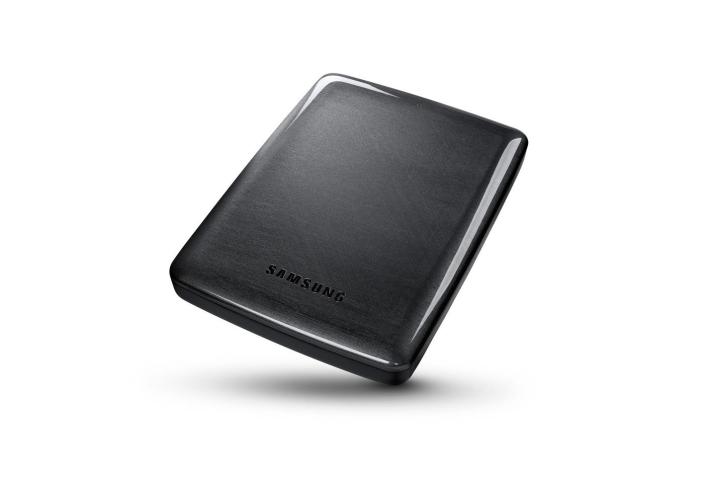
The M3 Portable and P3 Portable have similar hardware specifications, despite their differences in appearance. The M3 Portable has a USB 3.0 transfer rate of up to 4.8 Gb/s, while the P3 Portable has a USB 3.0 transfer rate of 5.0 Gb/s. Both are also capable of using a USB 2.0 or older, but you’ll need a USB 3.0 port in order to take full advantage of the high transfer speeds.
The hard drives have capabilities ranging from between 500GB to 4TB. The M3 Portable has a blocky case with an etched design, while the P3 Portable has a smooth casing. It also seems to be a bit thinner than the case for the M3 Portable. Neither model requires an external power supply to work.
“Previously only attainable in desktop or bulky multi-drive internal designs, we can now achieve a 4TB capacity in a compact drive thanks to the latest Samsung HDD technology,” said Dave Klenske, director of product line management at Samsung HDD. “By going to a single drive solution, we can power the drive through just a USB connection while fitting it into a case that is only a 1/10 of an inch thicker than our 2TB drive.”
Thus far, Samsung hasn’t announced official prices for the products. However, it says that they will be available to consumers by late June. Newegg is selling the 2TB edition of the P3 Portable hard drive for $90, which may hint at the pricing for the upcoming models.


